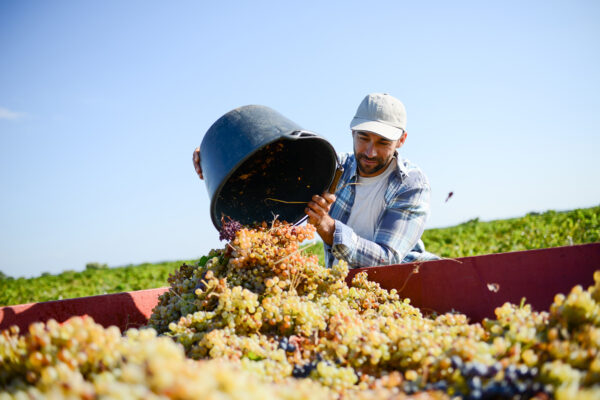What Senate Bill 1148 Provides: Statutory CEQA Exemption for State Cannabis Licenses
Senate Bill 1148 (“SB 1148”), a pending bill in the California State Senate, would provide that the California Environmental Quality Act (“CEQA”) would NOT apply to the issuance of a state cannabis license if the local jurisdiction has filed a notice of exemption or a notice of determination following the adoption of a negative declaration or certification of an environmental impact report (“EIR”) pursuant to CEQA that is specific to the applicant’s commercial cannabis activity or license, as specified.
Proposed Language of SB 1148
SB 1148 would add the following language to Section 26051.6 to the California Business and Professions Code, to read:
26051.6.
(a) The California Environmental Quality Act (Division 13 (commencing with Section 21000) of the Public Resources Code) does not apply to the issuance by the department of a state license to engage in commercial cannabis activity if the local jurisdiction, as the lead agency, has filed a notice of exemption or a notice of determination following the adoption of a negative declaration or certification of an environmental impact report pursuant to Division 13 (commencing with Section 21000) of the Public Resources Code that is specific to the applicant’s commercial cannabis activity or license.
(b) A notice of determination filed pursuant to subdivision (a) shall be filed with the Office of Planning and Research.
What SB 1148 Fails to Address: CEQA Requirements for Local Cannabis Permitting Programs
While this language could provide some benefits for commercial cannabis licensees, it falls short of ameliorating that most significant burdens that CEQA imposes because, under current law, regardless of whether the state licensing program is exempt from CEQA, each local project and each local program must still meet CEQA’s rigorous, yet nebulous, requirements.
Specifically, each local program, site specific development, and individual project, has been subject to discretionary review as incentivized by California Business and Professions Code (“BPC”) Section 26055(h)(1), which historically allowed cities and counties to be exempted from having to prepare an Environmental Impact Report (“EIR”) provided that discretionary review was mandated for each project. However, since BPC Section 26055(h)(1) sunsetted in July of 2021, municipalities must now comply with the full panoply of CEQA requirements regardless of whether they have a discretionary review process in place for the issuance of cannabis related business authorizations.
This means that municipalities, in order to mitigate their own liability under CEQA, will likely have no choice but to undertake the costly and lengthy programmatic EIR process for each local MAUCRSA implementation program. Given that California has 58 counties and nearly 500 cities, this is a substantial burden that the State of California is placing on its municipalities each of which, in turn, will have to fund their program’s environmental review. As a result of this unfunded mandate, many local programs risk being curtailed until the environmental impact of each respective local program is ascertained. Alternatively, many municipalities may decide to not allow for commercial cannabis activities as is their fiat pursuant to MAUCRSA, in order to avoid the cost imposed by this obligation.
Instead, the California State legislature can enact a statutory exemption pursuant to 14 CCR §15260 which will exempt both the State licensing program as well as local programs and individual projects from CEQA.
Recommended Language for an Amendment to SB 1148
Specifically, SB 1148 should be amended to include the following language (emphasis added):
26051.6. The California Environmental Quality Act (Division 13 (commencing with Section 21000) of the Public Resources Code) does not apply to the issuance by the department of a state license, or the issuance by the local government of any local license, permit or authorization, to engage in commercial cannabis activity.
By adding the fourteen (14) words, in bold and underlined above, SB 1148 would significantly reduce the burden to both local municipalities as well as to individual businesses by conferring the same exemption upon local programs and individual projects as would be conferred upon state licenses.
How You Can Help Improve Senate Bill 1148
State Senator John Laird (representing California Senate District 17) is the sponsor of SB 1148 in the California State Senate. We encourage all in favor of our proposed amendment–which will extend the statutory CEQA exemption to local licenses, permits and authorizations in addition to the currently proposed state licenses–to reach out to Senator Laird’s office (Senator.Laird@senate.ca.gov) to voice your support!
If you are interested in discussing this issue further, please contact us.


